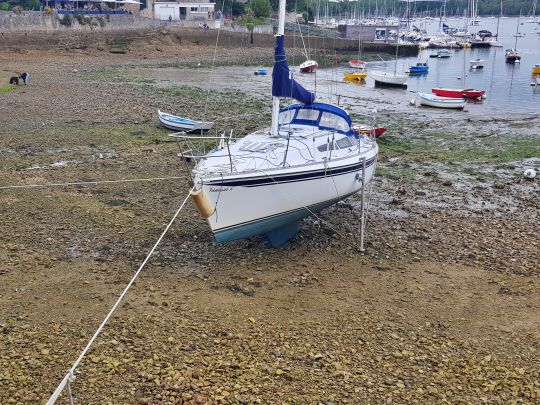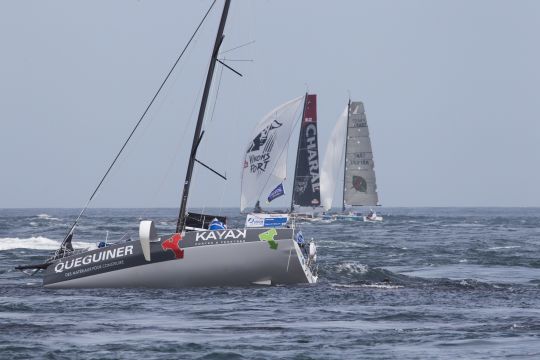Grounding, grounding, grounding. These two terms are derived from the verb fail and come from the same lexical field. Although very similar, they do not have the same meaning. The notion of intention is crucial to better understand which term to use.
The stranding
Stranding is voluntary, unlike grounding. This is a deliberate act by the crew that will intentionally cause their boat to hit the bottom.
This is the case of hull slaughtering, which consists in voluntarily grounding to work on the live works. Stranding is also used to land on a beach, for example (for boats that allow it).

The grounding
The grounding was unintentional and was an accident. If the boat has hit the bottom and no longer reacts to the helm, it is indeed a grounding. If it is only the keel that touches the bottom and the boat still reacts to the helm, it is called a heel. The boat can still sail, but the impact could have caused damage, such as a waterway for example.

To remember it
Mnemonic: To know which term to use, remember that grounding rhymes with accident.
And when the sea comes up?
As explained above, the same applies to their solutions. If they have the same intention, their origin differs. In the event of a stranding, we are talking about de-sinking and in the event of a grounding will talk about refloating .
In all cases the definition is the same: the act of refloating a stranded boat.

 /
/ 












